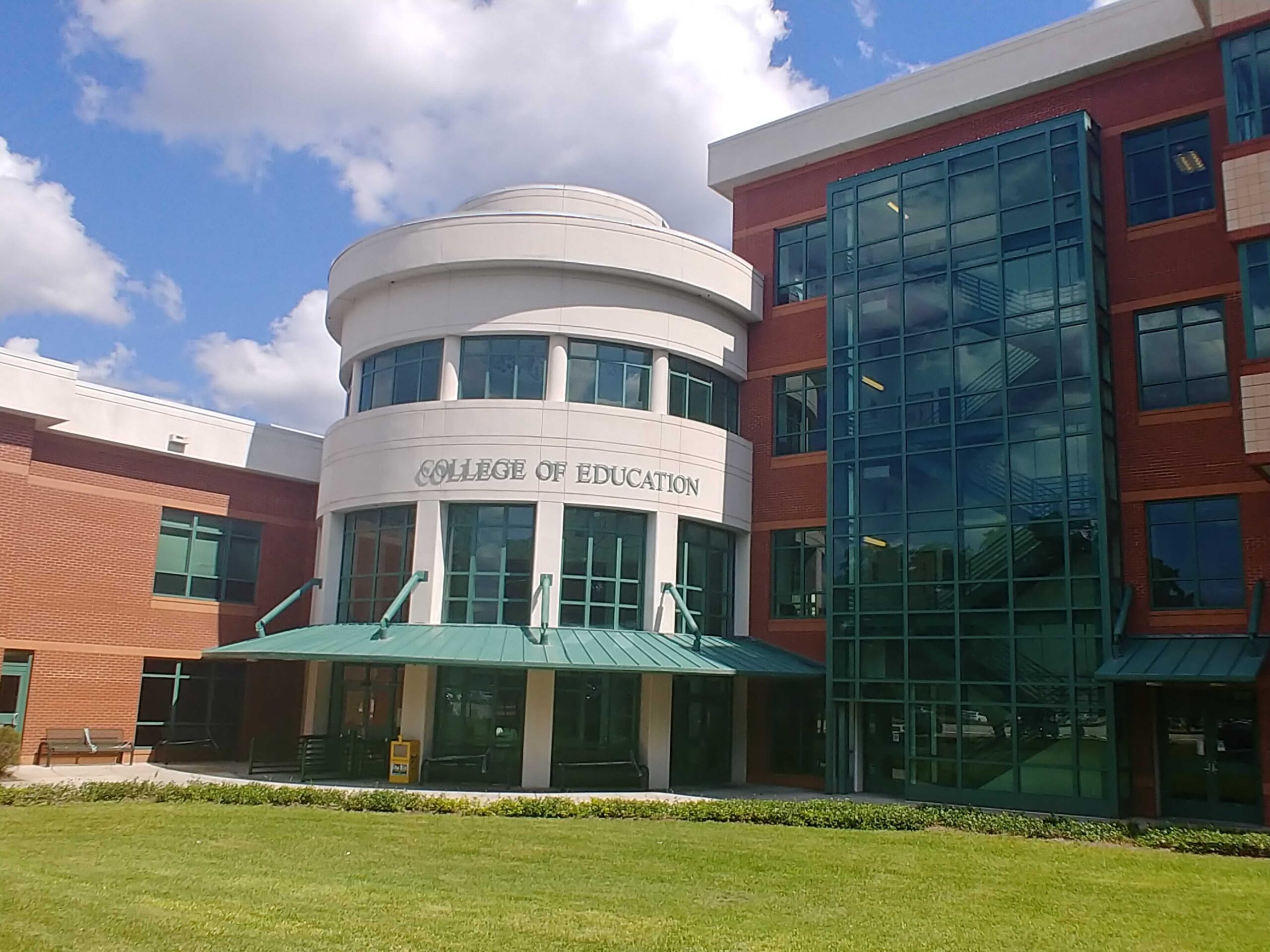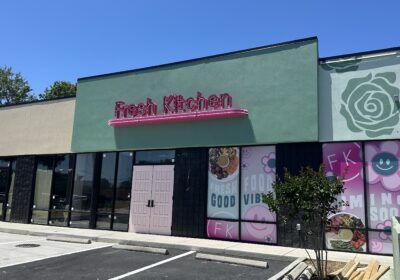USF eliminates undergraduate education programs, transitions college to a Graduate School of Education

USF will eliminate all undergraduate programs in the College of Education (COE) and transition the College to graduate-only instruction as a result of budget cuts from state funding.
The decision reflects the significant reduction in student enrollment over the years for both undergraduate and graduate programs as well as budget cuts for the upcoming fiscal year, USF Provost Ralph Wilcox said on Thursday.
The university is expected to receive an 8.5% cut in state funding for the 2020-21 fiscal year ending on June 30. As a result, the university is planning to reduce $13.4 million in funds from colleges across all three campuses and $6.8 million, or 35%, of the COE’s annual budget over a period of two years — $2.8 million in the first year and $4 million in the second.
The elimination of all undergraduate programs is also due to the continuous decline in the total enrollment throughout the years. Over the last decade, the college has seen a decrease of more than 50 percent in its total enrollment. In fall 2009, the COE had 2,893 undergraduates and 2,224 graduate students enrolled across different programs. The number significantly decreased in fall 2019, with only about 1,066 undergraduates and 1,318 graduate students, according to Wilcox.
The university ensured that currently enrolled students can complete their undergraduate degrees on time while it starts planning for a Graduate School of Education to meet the “evolving demands of students” pursuing a teacher certification outside the traditional baccalaureate program, according to an email sent by COE Interim Dean Judith Ponticell to faculty on Thursday afternoon. The COE will then slowly fade out the undergraduate programs over the next several years.
“Leadership, faculty and staff will be guided by institutional data, best practices, the needs of the communities we serve, our accrediting body, [The Southern Association of Colleges and Schools Commission on Colleges] and we will follow processes to ensure that currently enrolled students can complete their degrees at USF,” Ponticell said in the email.
With the change to a graduate-only program, the COE will be associated with the College of Behavioral and Community Sciences, according to Ponticell.
When it comes to potential layoffs, Wilcox said “it’s far too early in the process for me to speculate on how many faculty members or staff members will be impacted, or indeed who they will be.”
He said the university is working with department chairs to create a plan to transition from an undergraduate to a graduate program.
“I know that Dr. Ponticell is in the process of engaging with department chairs, with faculty, with staff members to frame that pathway plan and to transition from a comprehensive College of Education to strategically focused and agile school, graduate school of education,” Wilcox said during a virtual press conference.
While Wilcox reaffirmed that the university currently has no immediate plans to lay off faculty and staff, some are still worried that their jobs might be at stake in future semesters.
A St. Pete faculty member, who requested anonymity for fear of repercussions, expressed concern for faculty focused solely on undergraduate programs. The faculty member said they may be at a higher risk for being laid off in the near future.
“Those faculty that are not strictly, or at least for the majority of their time, working in a graduate program, there’s concern that there is not going to be a spot available for them in the near future,” they said.
Faculty Senate President Timothy Boaz, an associate professor in the department of mental health law and policy, said his biggest concern was the potential layoffs of faculty and staff from the COE and their well-being.
“This is very concerning that we will be letting go of people who were valued members of our academic community into the worst job market in at least a decade in higher education, so I’m very concerned for them,” Boaz said.
“I hope that the university does as much as we can to help ease the transition for any faculty who are laid off and I hope they are able to quickly find a way to continue their academic careers elsewhere.”
With over 14 undergraduate majors, the COE has had a significant influence on graduating students who work in K-12 schools across the Tampa Bay area and around the nation. Now, without undergraduate programs, faculty fear that it will impact its partnership with local school districts.
“I try not to go down a negative path, but I don’t see this as a positive thing for the community at all,” the St. Pete faculty member said. “We’re not going to be serving a huge population of high school graduates who want to go into education. And especially those who are, you know, who are really looking for an undergraduate program for education, or who are not willing, you know, as high school graduates, commit to a master’s program at that point. I think we’re going to face a larger teacher shortage.”
The faculty member said the devaluation of undergraduate education programs will further create a gap within the broader community and impact the number of available teachers in the area.
“I’m concerned that a … large portion of the community that we were focusing on is not going to be served. We’re going to lose students, they’re going to [St. Petersburg College] or they’re not going to go to college,” they said.
“The staff layoffs and the instructor layoffs … there’s a trickle down of how this is going to impact not only the folks who work with the university and the students, but then the community in terms of high school graduates, available teachers in the area. There’s going to be a really big ripple effect.”
Despite the concerns, Ponticell said the COE’s reconfiguration will further strengthen its partnerships with the local school districts.
“Re-envisioning the College of Education as a graduate school enables us to leverage our strengths in our master’s, educational specialist and doctoral degree programs, and to place a stronger emphasis on research opportunities and contributions to our important PreK-12 partners and beyond,” Ponticell said in the email.
However, the St. Pete faculty member said USF’s latest decision to eliminate all education undergraduate programs shows the lack of value given to education majors and the teaching profession.
“To me, it’s kind of this message that we’re not valuing education, we’re not valuing the teacher,” the faculty member said. “And that’s really problematic to me as an educator, and especially for our first-gen college students as well as our [Black, Indigenous and people of color] students.”






